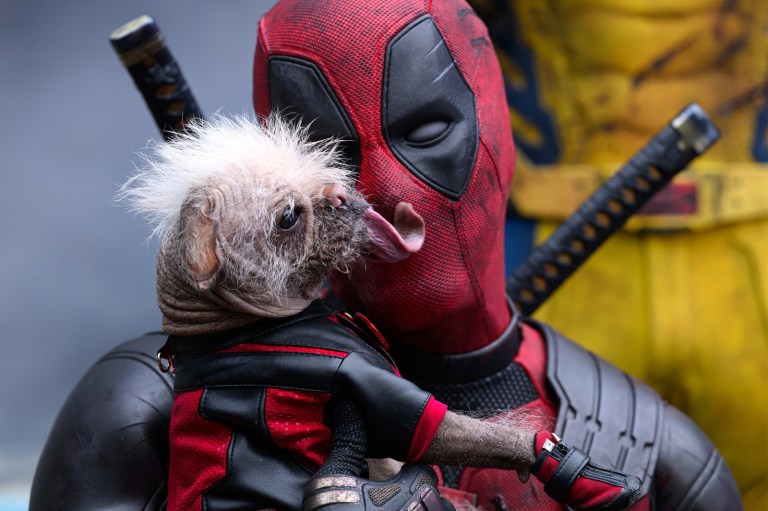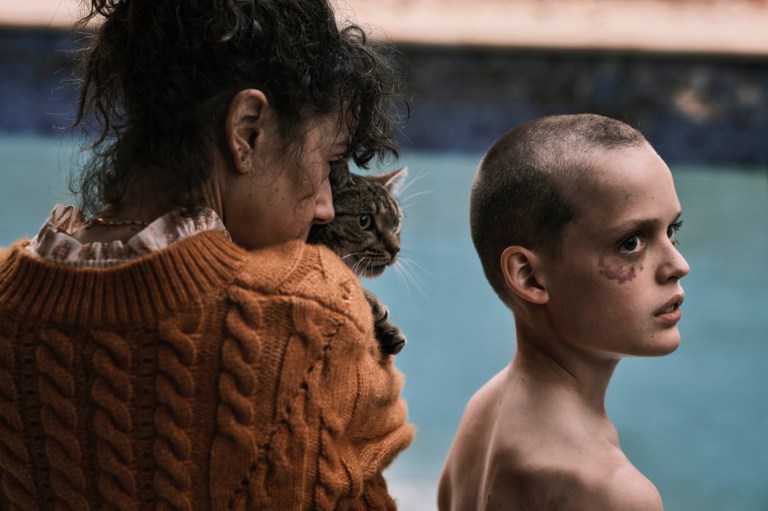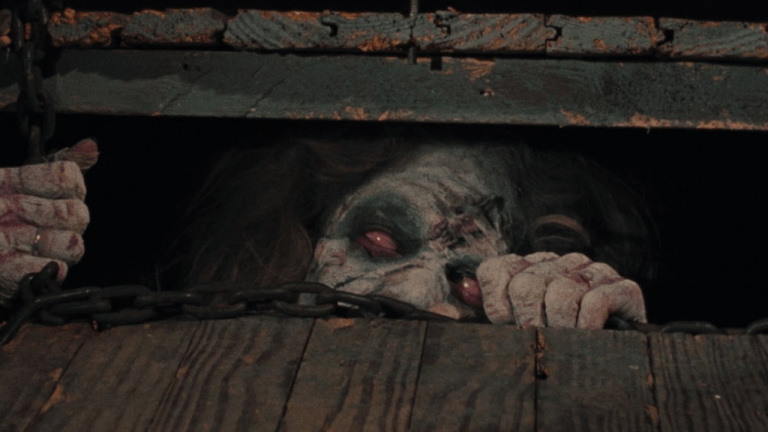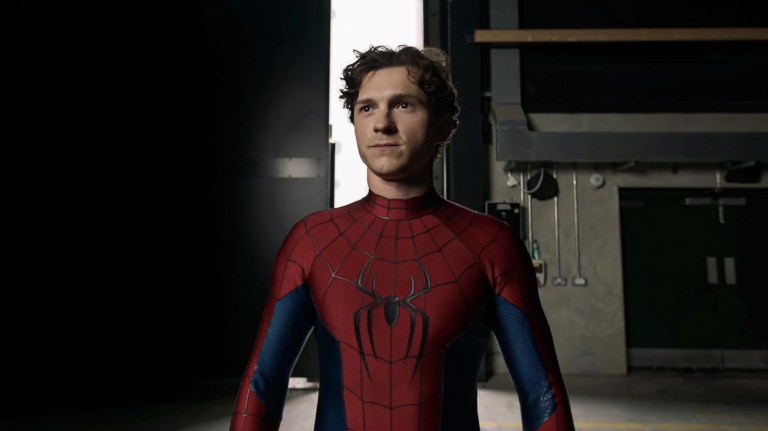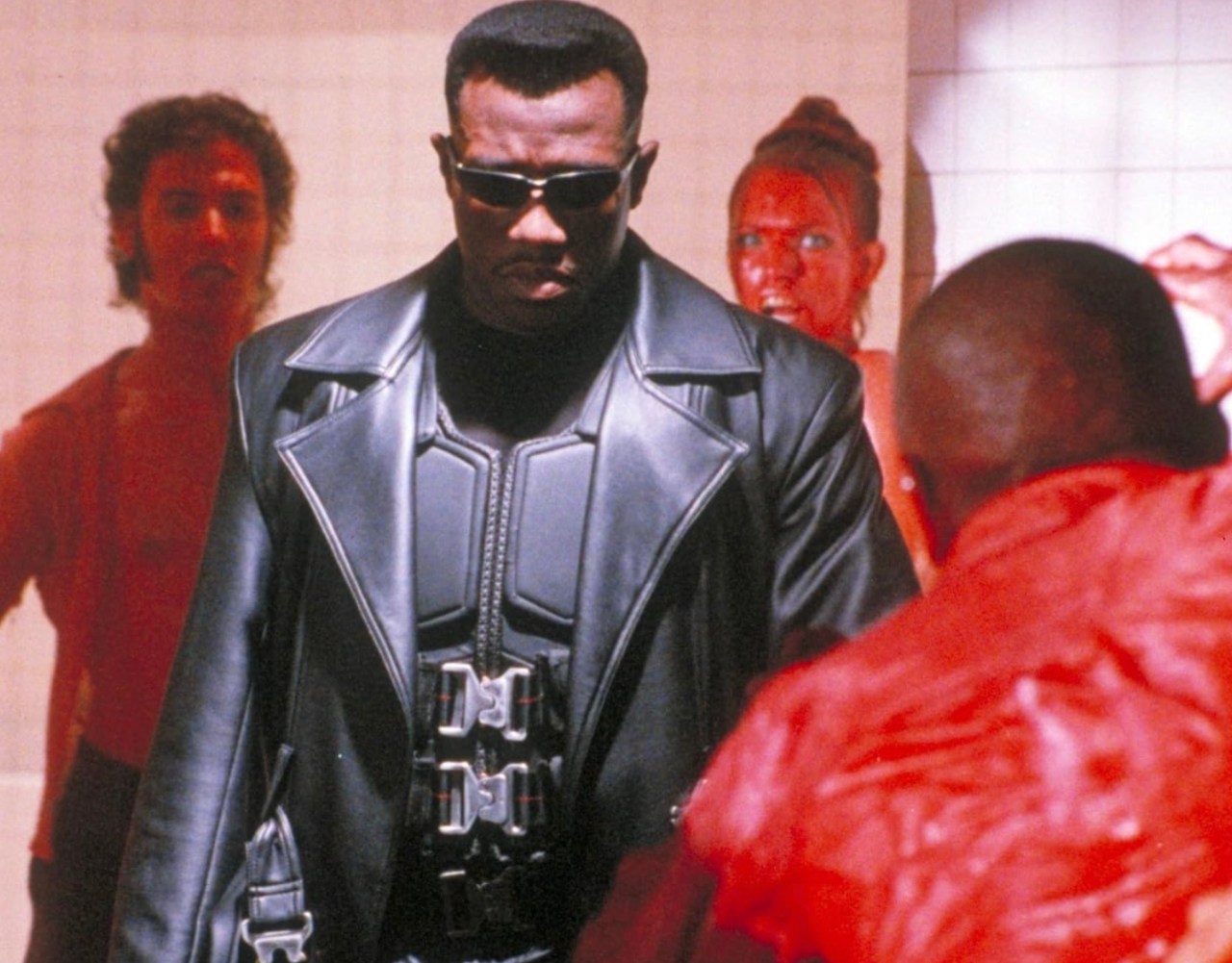
8 Good Superhero Origin Stories to Wash Out the Taste of ‘Madame Web’
Madame Web caught everyone in her web, all right. Unfortunately, the latest superhero origin story sucked the joy out of every fan, proving once and for all that the experiment known as Sony’s Spider-Man Universe (without Spidey) should follow the Dark Universe and dinosaurs into extinction. One cannot even blame the film’s failure on superhero fatigue or too many releases spoiling the audience, as it struggled with the fundamental basics of providing a compelling story and interesting characters worth rooting for. But enough about Madame Meh for now – let’s focus on the comic book movies that did a far better job of introducing their heroes to the public.
‘Superman’ (1978)
It’s remarkable how almost five decades later, Richard Donner’s Superman still stands as the template for other superhero origin stories to follow. From the outstanding cast to John Williams’ classic score and Donner’s masterful direction, all the stars aligned for this magical tale about the Last Son of Krypton. The late Christopher Reeve brings an undeniable warmth and good-natured charm to his portrayal of both Clark Kent and Superman, as this hopeful film explores his duality and juggling act as a man with everyday, mundane responsibilities and serving Earth as its heroic protector. While the special effects might look dated by modern standards, this was the first movie that made viewers believe a person could fly.
‘Iron Man’ (2008)
Jon Favreau’s Iron Man was the feature film that held the future of the Marvel Cinematic Universe (MCU) in the palm of its sweaty hand. Had it flopped, there would have been no universe, no superhero boom, or even a Madame Web movie for that matter. Surprisingly, it’s also the least MCU-esque movie since it doesn’t focus on setting up several other films and tangential storylines, apart from a Nick Fury cameo in the post-credits scene. Instead, Iron Man introduces the world to the cocky but genius, billionaire, playboy, philanthropist Tony Stark, who learns the hard way that he should use his gifts for good rather than profit. It would be remiss to not mention the seismic influence that Robert Downey Jr. had in shaping the popularity and appeal of this character, as he took what was essentially a B-grade Marvel hero and turned him into a global phenomenon.
‘Wonder Woman’ (2017)
The DC Extended Universe (DCEU) got off to a rocky start after the divisive reception toward Man of Steel, Batman v Superman: Dawn of Justice, and Suicide Squad. It appeared as if the wheels had fallen off as soon as the train had exited the first station; however, an Amazon princess swooped in to lasso the vehicle and pull it back onto the right path in 2017. Often positively compared to Richard Donner’s Superman, Patty Jenkins’ Wonder Woman finds a way to explore the different facets and nuances of what makes Diana Prince so special as both a compassionate person and a superhero. In addition, by setting the majority of the film during World War I, Jenkins and her collaborators manage to make the film stand apart from other superhero movies of the time. Gal Gadot convinces and impresses in her role as Diana, but even she could do nothing to stop the looming travesty known as Justice League that would eliminate all the goodwill created by Wonder Woman.
‘X-Men: First Class’ (2011)
The first two X-Men films received praise for their handling of Marvel’s marvelous mutants and the pitch-perfect casting. However, the franchise lost its way around X-Men: The Last Stand and X-Men Origins: Wolverine. Rather than plow ahead with the next installment and hope that fans would forget the misfires, 20th Century Fox took a mega risk and rebooted the franchise, taking fans all the way back to the start – specifically, the swinging ’60s. Matthew Vaughn’s X-Men: First Class explores how Charles Xavier (James McAvoy) and Erik Lehnsherr (Michael Fassbender) become friends and bond over wanting a better life for all mutants. At first, their vision is aligned as they recruit young heroes for a new team, but they soon walk different paths as they deal with humanity’s hate in opposing ways. Ultimately, X-Men: First Class proved to be the jolt in the arm the franchise sorely needed to get back on track.
‘Deadpool’ (2016)
Ryan Reynolds believed in Deadpool when no one else did. Even after the character was horribly treated in X-Men Origins: Wolverine (they stitched his mouth shut, for heaven’s sake), Reynolds pushed for a more comic book-accurate representation of the fourth-wall-breaking-and-joke-a-minute Merc with a Mouth. Yet, no one could have predicted what he, director Tim Miller, and their collaborators had up their sleeves in 2016. Rated R and leaning into its rating like its life depended on it, Deadpool doesn’t only serve as Wade Wilson’s wacky and wild origin story. Instead, it explodes onto the scene as the life of the party, poking fun at other superhero movies, embracing its meta nature, and getting weird and inappropriate at every opportunity. More importantly, it demonstrated to Hollywood that there’s still space for more adult-orientated comic book movies, and not everything needs to be family-friendly or adhere to the MCU formula.
‘Batman Begins’ (2005)
While many Batman films focused on the Wayne murders and how the event traumatized the young Bruce Wayne, they failed to show what happened afterward as he trained his body and mind to become the Caped Crusader – that is until Christopher Nolan’s Batman Begins came around. Widely regarded as the most underrated entry in The Dark Knight trilogy, this film establishes itself as an in-depth character study of Bruce Wayne (Christian Bale). It explores his past to reveal his greatest fears and regrets, painting a better picture of why this man chooses to dress up as a giant bat and beat the pulp out of Gotham City’s criminals. At the same time, it lays the important groundwork for future sequels.
‘Spider-Man’ (2002)
For Spider-Man, the journey to the big screen was a long, hard road – featuring the likes of James Cameron and the infamous budget-friendly Cannon Films along the way. In 2002, Peter Parker finally swung into cinemas, played by Tobey Maguire. Directed by Sam Raimi from a script by David Koepp, Spider-Man chooses to take an uncomplicated approach, electing to tell a simple, easily accessible story that stays mostly true to the source material (except for those weird organic web shooters), while establishing a solid basis for the sequels to come. Like all good superhero origin movies, though, it finds a unique way to balance the heart and action, delivering a fan-favorite film that has stood the test of time and remains watchable to this day.
‘Blade’ (1998)
For comic book movie fans, the late ’90s is a dark period often remembered for how Batman & Robin tried to single-handedly murder the genre to sell one more Happy Meal. Stephen Norrington’s Blade might not have been the superhero classic anyone anticipated, but the vampire-centric spectacle roundhouse kicked the genre in the face, knocking some much-needed sense into it. Blade’s origin is interwoven into this action-packed tale of how Deacon Frost (Stephen Dorff) wants to get his filthy hands on the Daywalker’s precious blood and assume total power over his bloodsucking brethren. The story, though, is simply an excuse for Wesley Snipes to strut on screen as Blade and look like a total badass as he wipes the floor with all the vampires to one of the most memorable soundtracks of all time.
